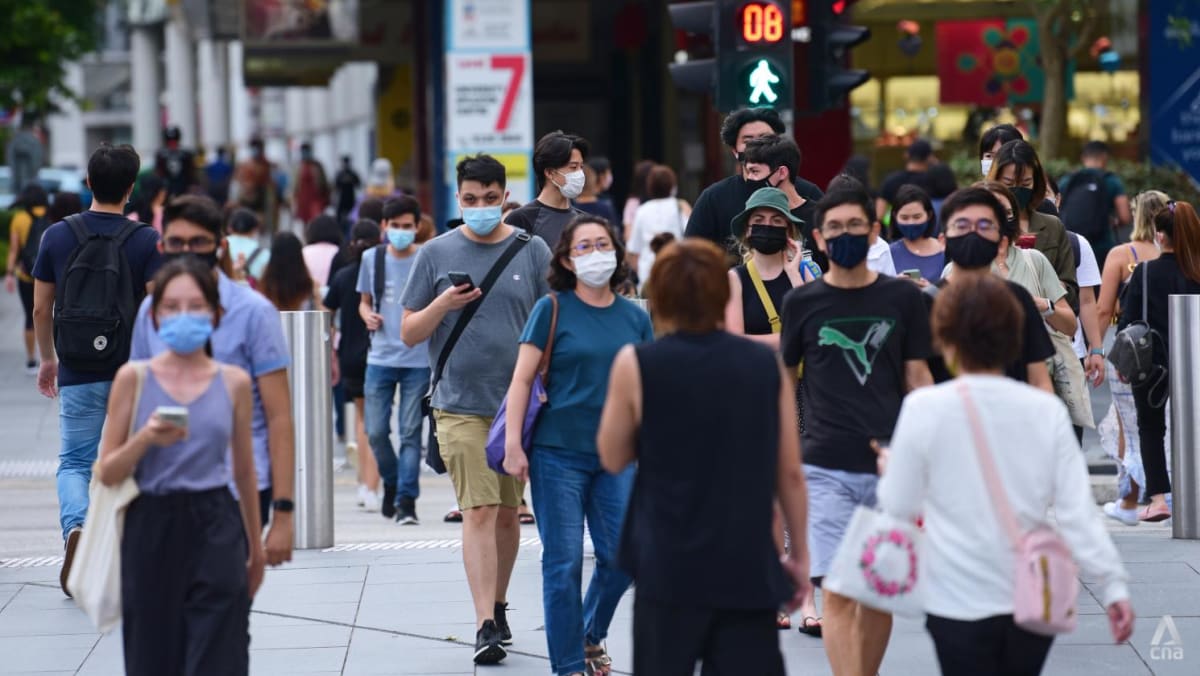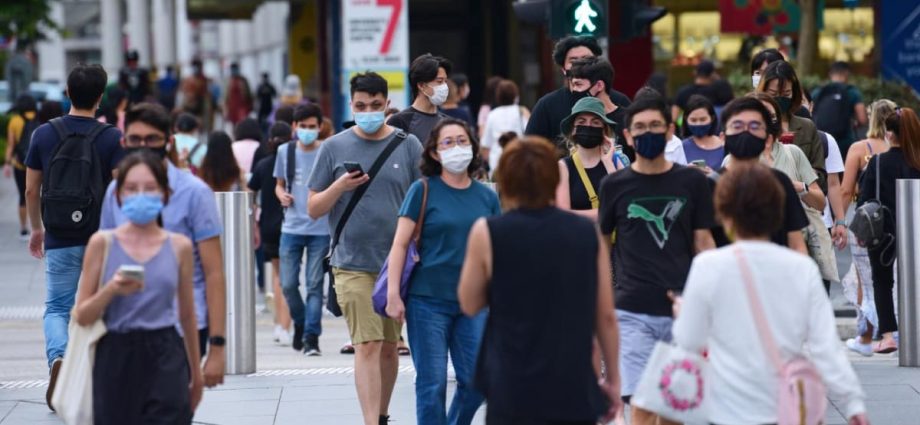
IS IT A CAUSE FOR CONCERN?
Health Minister Ong Ye Kung on Tuesday spoke about the strain, adding that MOH is watching it “very closely”.
“XBB is demonstrating characteristics that it is dominating over all other sub-variants. It has been detected in many parts of the world but in Singapore is rising very fast – within three weeks from nothing, it is now over half of all the daily cases,” Mr Ong added.
Dr Maurer-Stroh told CNA that “the virus behaves as expected” and that “new variants will always replace old ones”.
He added that the speed of replacement depends on many factors and is not unique to Singapore.
Meanwhile, Dr Leong Hoe Nam, an infectious disease specialist at Mount Elizabeth Novena Hospital said that the variant has the potential to replace the BA.4 and BA.5 variants.
Dr Leong said that the variant will cause more infections because “it can outrun and dodge better than the existing strain”.
However, he also said it is not a cause of concern because severe illness numbers are “not much more” and “within expectations”.
Mr Ong also said on Tuesday: “But so far, what is good is that there’s no evidence that it leads to more severe outcomes.”
Based on preliminary local data, XBB cases are not more serious than other Omicron subvariants, said MOH.
HOW VIRULENT IS XBB?
Dr Leong said that it is not clear yet how virulent the XBB variant is, but it is more transmissible and “out-infecting BA.5”.
MOH said on Monday that the XBB strain is gaining share, with 55 per cent of infection cases comprising this strain. It is a 22 per cent increase from the previous week.
Dr Maurer-Stroh said that like other variants before, “a hallmark of new variants like XBB is an accumulation of changes in the spike surface protein”.
“It is like the virus getting a new coat, and our immune system needs to learn again how to recognise it.
“This makes it stealthier but typically not more virulent,” he said.

